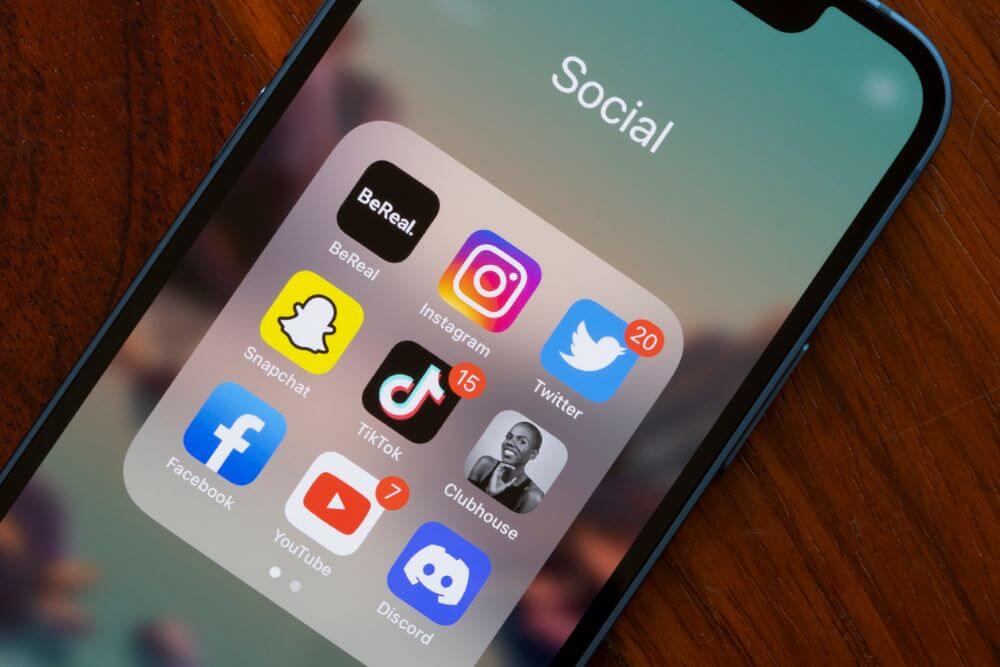Social media has become some of the most popular platforms people spend their time on.
Whether you want to check up on your family members, post photos or even meet new people, social media is the way to go. Even businesses take up social media to promote their products and services.
What you post on social media today is important, so make sure you try to avoid these types of posts.
1. Driver’s License, Passport and Credit Cards
First up is your personal identification documents, such as a passport or driver’s license. Never post photos or details about these documents on social media, as they can greatly increase the risk of identity theft.
Additionally, never post your credit card on social media. This can lead to cybercriminals stealing money from you. If you have posted any of these on your social media, it is important to remove any traces you find of the documents and cards as soon as possible.
You may also need to get a professional to look at traces that might still be left, such as in cases where people decided to download and distribute these photos.
2. Vaccine Cards
Your vaccine card holds important personal information that can also be used for identity theft and other cybercriminal activities. As the vaccine for Covid-19 came out, many people decided to post their vaccine cards on the internet to prove they had taken the vaccination.
Don’t post this type of information, as it might lead to a case where a criminal steals your identity due to the personal information contained on the card.
3. Your Location
Be careful who you choose to share your location with as well. For example, posting pictures of your house or the area where you live can also pose a potential danger.
If you share that information on social media, you might have people you do not know come knocking on your door. So, delete any details related to your location if you have them on your social media accounts.
This can help avoid the risks of criminals targeting your house. You should also be careful when you share your location in a chat thread.
Make sure you know the person you are talking to before sharing this information.
4. Personal Announcements
People often share details about personal events and announcements on their social media. This is private information that you might not want everyone to see.
While posting pictures of your baby shower is okay in most cases, be careful about sharing names, dates and related information. This type of post on social media can potentially lead to people figuring out your password. For example – as many people choose to use things like their kid’s name or a specific birthday as a password.
When you post personal announcements, choose to share them with family and friends you have already befriended on your account.
5. Company Information
Businesses are at an even greater risk of fraud, identity theft and other fraud, especially in the digital world. Therefore, companies should also be careful about what they post on their social media accounts.
It is a good idea to share contact details to ensure people can get in touch with your business if they are interested in your products or services. With this said, do not post any private information that can lead to risks.
Even posting pictures that contain glimpses of private documents can be a hazard when cybercriminals decide to target your company. Therefore, it is important to keep your corporate social media accounts for posting pictures of the products you sell and allowing customers to contact you.
Protecting Your Information After Posting on Social Media
When you post personal or business-related information on social media, it is important to ensure you are careful to help protect your identity. In fact, 1.4 million cases related to identity theft were reported to the FTC.
When you find yourself in this situation, you want to sign up for identity theft protection. A monitoring service, such as IdentityIQ, can provide real-time alerts if your personal information has been compromised.

